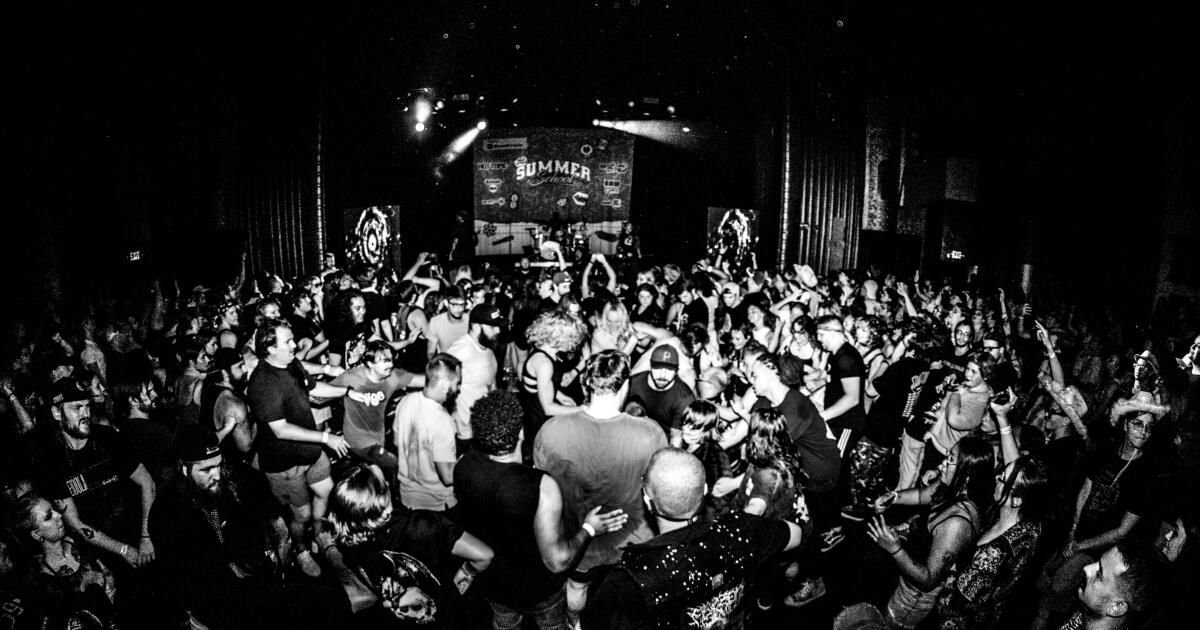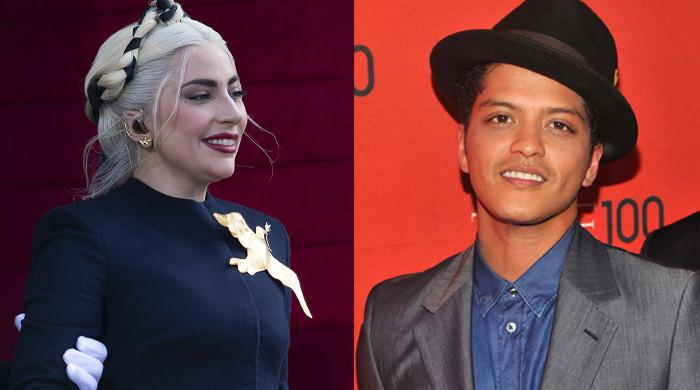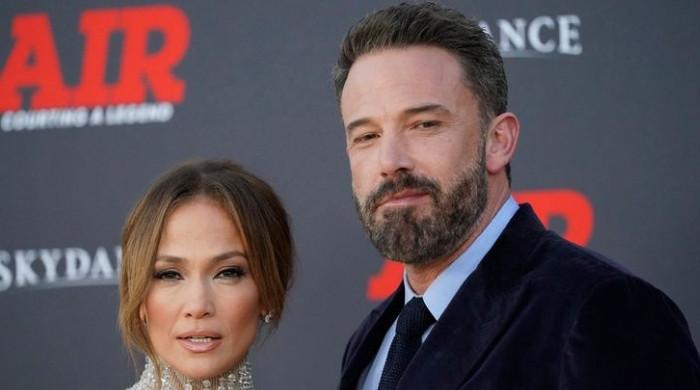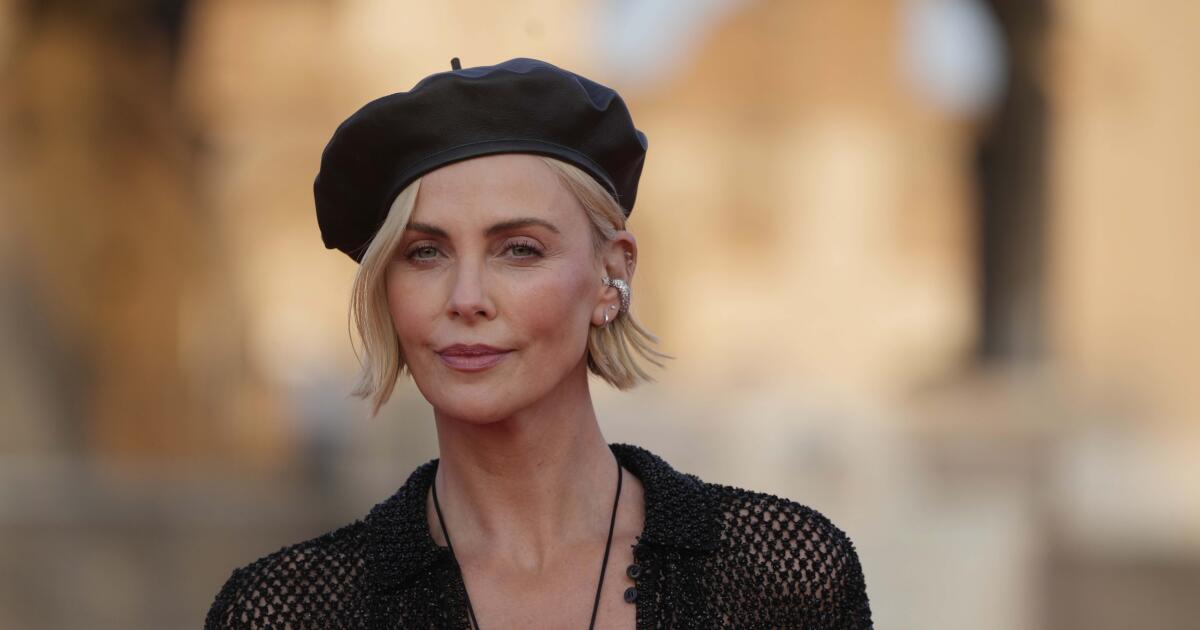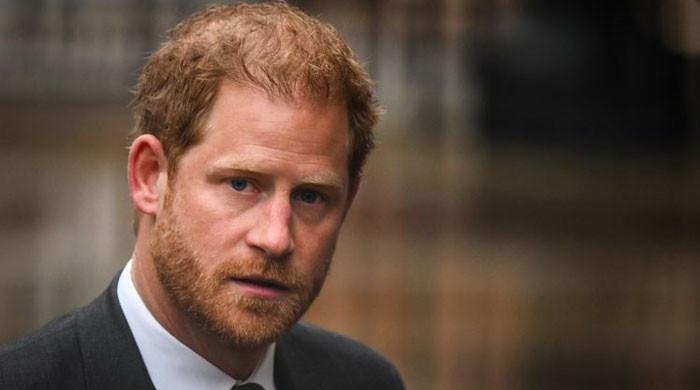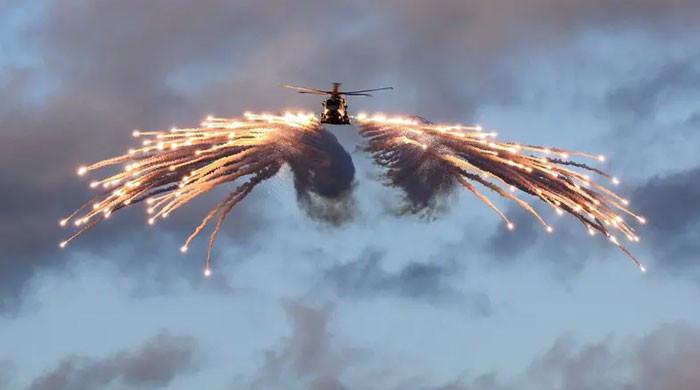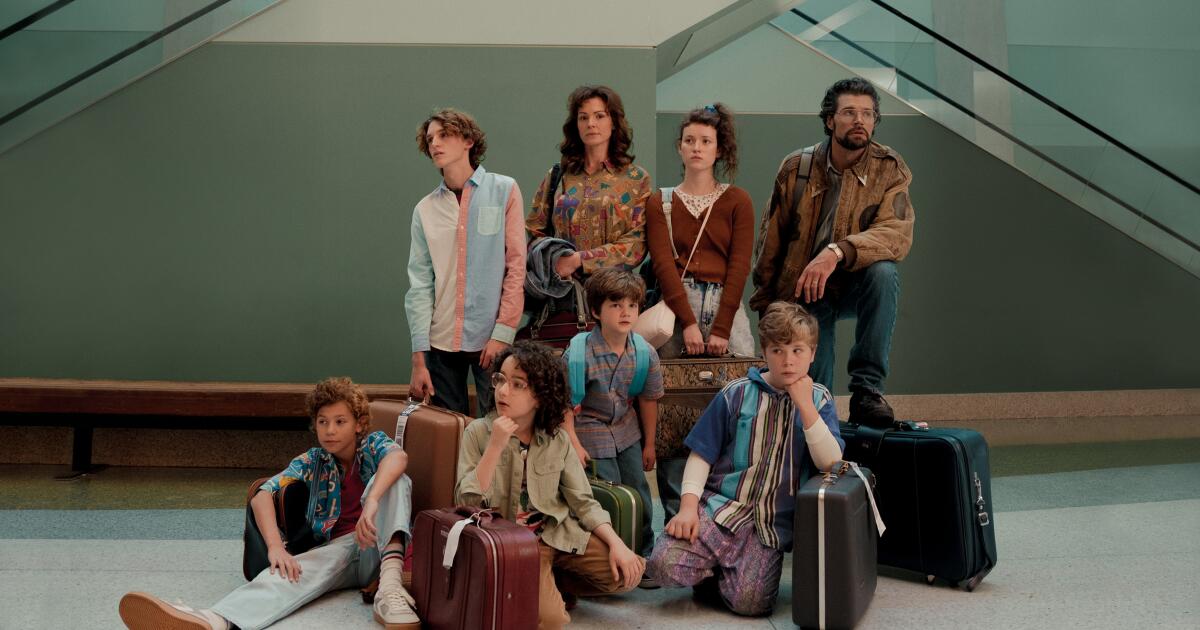In 1995, former Goldenvoice exec Kevin Lyman changed the landscape of modern touring by fusing Southern California punk rock with skateboarding and X Games culture to create the Warped Tour. The festival became one of the longest-running summer tours in history (it ended in 2019) and provided a platform for bands like Sublime, No Doubt, Blink-182, My Chemical Romance, Something Corporate, Fall Out Boy, Paramore, and many more to break into the mainstream. On any given day, the festival’s lineup would change, and fans had to arrive early to ensure they saw their favorite artist.
Though Lyman has stepped away from that scene in recent years (he's currently an associate professor at USC's Thornton School of Music), he felt the time was right to bring back a new version of what worked so well, with a twist. Lyman, along with Eric Tobin of Hopeless Records and Mike Kaminsky of KMGMT (who also teaches at USC) are pushing the spirit of Warped forward.
Tobin and Kaminsky have been involved with Warped Tour in various capacities over the years and understood the spirit of the festival. They also worked together when Hopeless booked KMGMT artists over the years. When the pair first conceived the idea for Summer School, they wanted to provide an experience outside of the commercialized festivals that dominate the current landscape.
“The conversation that started between Mike and I was how to create something like Warped now that it doesn’t exist anymore,” Tobin says. “The conversation was that maybe we should try this brand idea again and start from scratch.”
“We weren’t sitting there thinking, ‘What the world needs right now is another festival tour,’” Kaminsky says. “When Kevin retired from Warped, Eric and I were wondering, ‘Where are these developing bands going?’ We’re all hitting a glass ceiling. After COVID, we had all these bands that were streaming like crazy. They were going viral, and there was so much interest in them. But there was nowhere to put them on tour.”
Lyman, who remains connected to the world of promoters and sponsors, saw that there was demand for this type of tour. He soon discovered that no one had floated this type of festival idea since Warped concluded, and they realized their idea could work. But Lyman initially dismissed Tobin and Kaminsky from starting a festival because he felt the timing wasn't right. Last September, that changed.
“They didn’t want to replace Warped Tour, but rather develop emerging artists,” Lyman says. “There haven’t been a lot of developers. We’ve had to re-engage younger fans with live events, as there were a number of years where kids weren’t going to live shows. We had to try. Summer School was a great name for this event. Basic is the best.”
With Lyman as a mentor and Kaminsky and Tobin as curators, the trio created a tour centered around a lineup that included independent artists from independent labels, all while working with independent promoters. The Summer School founders also kept what they call an affordable ticket price by using sponsor money to cover most of the costs. In some markets, the price is $35, which is a steal compared to conventional festivals that cost hundreds of dollars at a minimum.
The spirit of Warped Tour is still present, but unlike the parking lots and festival grounds it has invaded over the years, Summer School is taking place indoors.
“Because of the size of the venues, we wanted to keep the atmosphere low-key, and it’s too hot outside,” Tobin says (a sentiment Kaminsky agrees with). “A lot of artists and fans said, let’s do this the first year in a place where we can control the experience and make it feel like it’s full.”
Many of the artists on the bill have never played in venues with a capacity of several thousand people. Summer School allows them to get into shape in front of a supportive audience. The success has been in the turnout. Merchandise sales have grown steadily and the artists have noticed that they have been gaining new fans after each show.
“This tour has allowed us to meet more new listeners than we ever knew before,” says Honey Revenge’s Devin Papadol. “Not only have the audiences been amazing, but we also get to play alongside our friends every night. Summer School is filling a void that was missing in the scene. We’re so grateful to be a part of this special live music environment.”
“The Summer School tour has been a very refreshing start to our touring year,” says Stand Atlantic’s Bonnie Fraser. “We’ve had a lot of time off, at least for us, and being able to kick off our year with Summer School has brought us back to why we love what we do and why we started doing it.” For Fraser, the festival is reminiscent of a time when festivals seemed more intentional about booking and less about business. “As a band, we’re proud to be part of something bigger and carefully put together with genuine intentions, beyond just another cobbled-together tour package that everyone’s seen a hundred times.”
Like Warped, the lineup changes from day to day, something that not only the bands support, but the founders say that, judging by the packed venues earlier in the day, the attendees do, too.
“The essence of Warped is the vibe and the community,” Kaminsky says. That was part of the spirit that made Warped a fixture for 25 years. And that has carried over to the bands, too. On their social media platforms, bands can be seen sharing photos and videos of group get-togethers and behind-the-scenes footage of what’s going on.
Even though big promoters always stay in the background, Summer School has a punk rock mentality of staying small and happy to remain at their size while focusing on artist development, hoping to get touring artists back to the same venues to headline on their own.
“If all goes well, we can push bands to bigger festivals and make a lot more money,” Kaminsky says. “That’s not the space we’re trying to compete in.”
“What has always characterized this community has been the cultural currency, rather than the hits,” Tobin says. “It’s a left-of-center kid looking for an identity, and you can go to that show and hit that barrier. The idea of being another piece of that continuing legacy and creating a new generation for it. The bigger it is, the better it is for everyone.”
Summer school ends Aug. 17 at City National Grove in Anaheim, and planning for year two has already begun. Despite not receiving a salary for this year’s tour, Kaminsky and Tobin are excited to see the tour grow.
“It’s been very rewarding, not just for us, but for the managers, the agents and the artists. The most rewarding part is working with really good people that we love very much and share a mutual respect with. And I think that’s sometimes harder to come by these days.”

